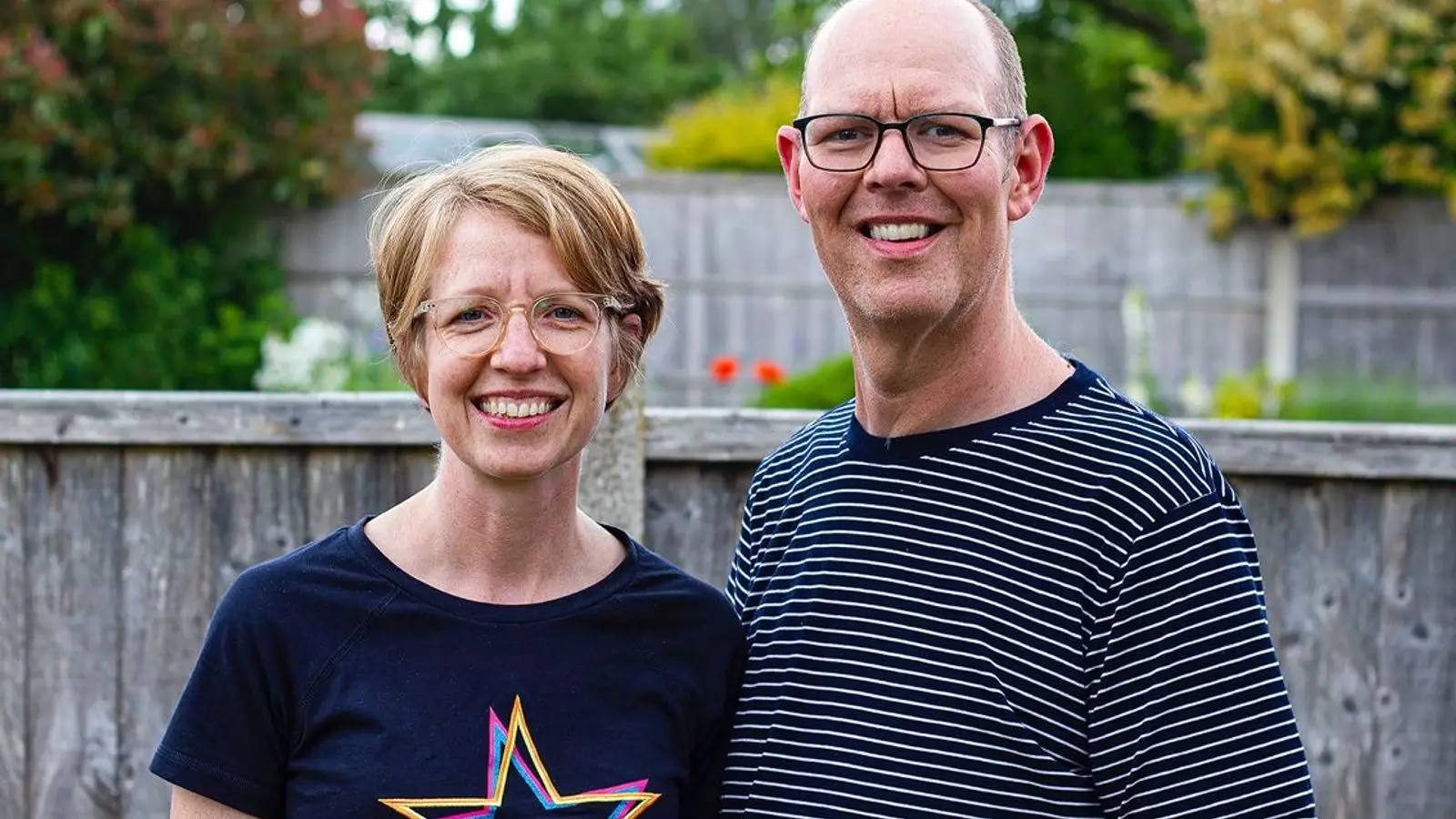In a society that increasingly champions empathy and collective responsibility, the violent act that culminated in the death of Chris Marriott epitomizes what happens when societal bonds fray and civility disintegrates into chaos. The incident in Sheffield on December 27, 2023, is not merely a tragic occurrence but a stark indictment of a deeply fractured community where violence is either dismissed or weaponized under the guise of honor or familial loyalty. This episode underscores a profound failure — both at the individual level and within the broader social fabric — to uphold the moral imperative of respecting human life amid disputes. It reveals a disturbing transition from conflict resolution to lethal assault, a deterioration that demands more than just legal punishment; it calls for urgent societal introspection.
This is the kind of violence that erodes the fragile trust that should exist within communities and among families. Instead of acting as a last resort to defend what’s right, escalation and aggression dominate. The fact that a wedding — traditionally a joyful milestone — became the battleground for brutality exemplifies how societal values around civility and conflict management are rapidly deteriorating. The incident demonstrates that when personal and familial disputes spiral out of control, they threaten innocent lives, ultimately destroying lives that had nothing to do with the original disagreement.
The Failure of Justice to Address Root Causes
While the court rightfully convicted Hassan Jhangur of murder, the punishment alone cannot undo the damage wrought. Justice in this context must extend beyond the courtroom to question why such violence is allowed to flourish. The narrative hints at underlying tensions — fractured family ties, unresolved disputes stemming from cultural expectations, and perhaps a community ill-equipped to mediate conflicts early on. The tragic innocence of individuals like Marriott and Norris, who were merely offering acts of kindness, highlights how societal neglect of emotional, social, and mental health has left communities vulnerable.
It’s not enough to punish perpetrators; we must scrutinize the circumstances that enable these recurrent violent outbreaks. Are we doing enough to bridge cultural divides or to foster dialogue that prevents disputes from escalating into bloodshed? Is the social support system robust enough to intervene before conflicts turn deadly? There must be a move towards proactive community engagement that promotes understanding, tolerance, and conflict de-escalation. Otherwise, acts of reckless violence will continue to shoot through the veneer of civility, exposing a society that still lacks the maturity to handle its disagreements without bloodshed.
The Danger of Glorifying Revenge and Retribution
The rhetoric emerging from Jhangur’s own words — “That’s why you don’t mess with the Jhangurs” — reveals a troubling mindset rooted in honor-based violence and a refusal to accept societal norms that restrict vengeance. This kind of attitude is dangerous, fostering a cycle of retribution that blurs the line between justice and barbarism. It reflects a disturbing tendency among some communities to elevate perceived familial or cultural pride over human life itself.
This problematic worldview feeds into a broader cultural issue where violence becomes justified or normalized as a form of restoring honor or asserting dominance. Such narratives threaten social cohesion and serve as a stark reminder that without cultural shifts and community-based education, these destructive mindsets will persist. Society must challenge the glorification of revenge by emphasizing the sanctity of life, restorative justice, and the importance of dialogue over violence. It is only through dismantling these harmful notions that we can hope to prevent future tragedies.
Reevaluating Community and Legal Responses
The legal response to this incident, though swift and decisive, often feels inadequate in addressing the underlying social distortions that foster violence. The justice system, while necessary, is only part of the solution. Community-led initiatives that promote dialogue, cultural understanding, and early conflict resolution are crucial. Additionally, mental health support and social services should be more accessible, especially in communities where cultural conflicts and social tensions are prevalent.
We also need to reconsider how the legal system handles such cases by integrating restorative justice principles whenever possible. This approach could promote reconciliation and healing, especially for the victims’ families and the community at large. Focusing solely on punishment may deliver justice in a courtroom but fails to repair the fractured social bonds that allow such violence to erupt in the first place. Society must foster an environment where accountability is coupled with efforts to rebuild trust and understanding—an approach that aligns with our center-leaning liberal values advocating social cohesion and human dignity.
A Call for Cultural Reflection and Policy Change
Ultimately, the tragedy in Sheffield signals a pressing need for society to reflect on cultural practices, community norms, and public policies that inadvertently enable violence. It calls on policymakers, community leaders, and citizens to work collectively in cultivating environments where dialogue replaces hostility and respect replaces disdain. Education systems should incorporate lessons on conflict resolution and cultural sensitivity from an early age, equipping future generations with the tools to handle disputes peacefully.
Moreover, there should be a focus on building inclusive communities that transcend cultural stereotypes and promote solidarity, ensuring that incidents like these become aberrations rather than normalized occurrences. Only through a conscious effort


Leave a Reply